Spice Secrets of the Americas: 7 Must-Try Native Ingredients That’ll Heat Up Your Kitchen!
Ever wondered what gave that smoky flavor to your favorite chili or made your guacamole taste so vibrant? You can thank the bold, rich, and often underappreciated spices native to the Americas. From the piquant punch of chili peppers to the aromatic allure of vanilla, these ingredients have shaped global cuisines for centuries.
In this article, we’ll take you on a flavorful journey across the continents to uncover the top seven spice-rich foods native to the Americas. Whether you're a seasoned chef or a curious home cook, you'll find practical tips, deep insights, and a buying guide to help you make the most of these legendary flavors.
Table of Contents
- A Brief History of American Spices
- Top 7 Spices & Flavors Native to the Americas
- How to Use These Spices Like a Pro
- Buying Guide: How to Choose the Best Spices
- Final Thoughts
A Brief History of American Spices
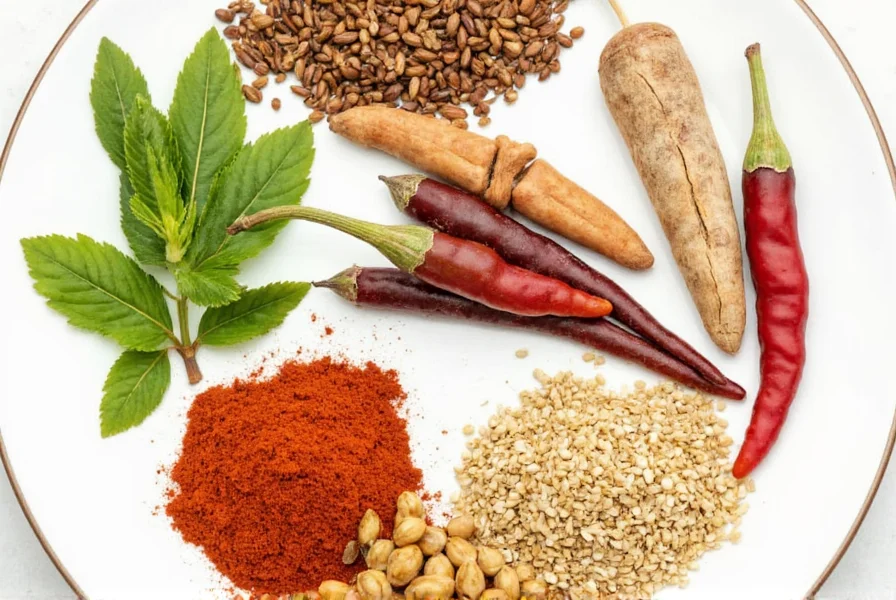
Before Christopher Columbus set foot in the New World, indigenous civilizations had already mastered the art of using spices for cooking, medicine, and even rituals. The Aztecs used chili peppers to preserve meats, while the Mayans blended cacao with spices for sacred drinks. In South America, the Incas revered achiote for its medicinal and culinary properties.
These native spices were not only essential for survival but also deeply woven into cultural identity. Their influence spread rapidly once European explorers brought them back to Europe, revolutionizing global cuisine forever.
Top 7 Spices & Flavors Native to the Americas
Let’s dive into the heart of American spice traditions and explore the most iconic ingredients that originated from this diverse continent:
- Chili Peppers – The undisputed king of American spice, available in hundreds of varieties.
- Varieties include:
- Jalapeño
- Habanero
- Ancho (dried poblano)
- Bell Pepper
- Cinnamon (Ceylon vs. Cassia confusion) – Though widely associated with Sri Lanka, true cinnamon has roots in Central America.
- Achiote (Annatto) – A bright red seed used both as a colorant and mild spice.
- Cacao – Not just for chocolate lovers; raw cacao is packed with spice-like complexity.
- Vanilla Beans – Mexico is the birthplace of this beloved flavor enhancer.
- Epazote – An aromatic herb used in traditional Mexican dishes to enhance beans and soups.
- Tejocote – A fruit related to the apple, often used in sauces and jams in Mexican cuisine.
- Chipotle – Dried and smoked jalapeños, offering a unique blend of heat and smokiness.
| Spice | Native Region | Heat Level (Scoville Units) | Common Use |
|---|---|---|---|
| Chili Pepper | Mexico / Central America | Varies by type | Cooking, salsas, marinades |
| Achiote | Central & South America | Negligible | Meat rubs, rice dishes |
| Vanilla Bean | Mexico | None | Baking, desserts, custards |
| Cacao | Central America | Low (bitterness) | Chocolate, sauces, beverages |
| Epazote | Mexico | Low | Bean dishes, soups, stews |
| Tejocote | Mexico | None | Sauces, jams, candy |
| Chipotle | Mexico | Medium-High | Stews, sauces, BBQ |
How to Use These Spices Like a Pro
If you’re ready to spice up your meals like a true food historian-chef hybrid, here are some pro-level tips for using each ingredient to its fullest potential:
1. Mastering Chili Peppers

Chili peppers offer more than just heat — they add depth, aroma, and texture to any dish. Here's how to use them wisely:
- Roast them: Roasting enhances the natural sweetness and adds a subtle smokiness.
- Toast seeds separately: Chili seeds hold a surprising amount of heat — toast them to intensify flavor before grinding.
- Make your own chili oil: Infuse dried chilies in hot oil for a versatile condiment.
2. Unlocking Vanilla’s Magic
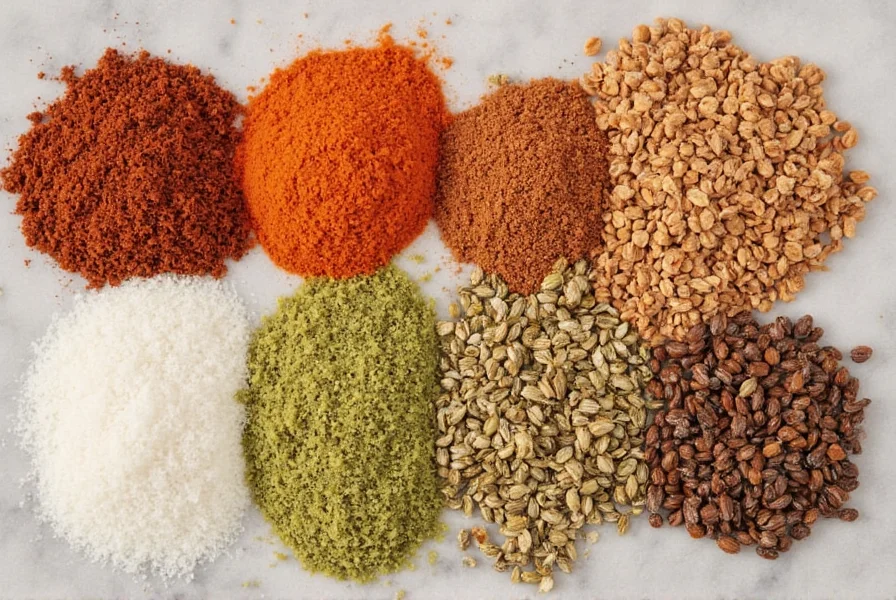
Real vanilla beans bring more than sweet flavor — they add floral, woody notes that elevate both sweet and savory dishes.
- Scrape the seeds: The tiny black specks inside are full of concentrated flavor.
- Infuse liquids: Steep pods in warm milk or cream for homemade custards or ice cream.
- Pair with chili: Believe it or not, vanilla complements smoky chipotle beautifully in sauces and mole.
3. Cooking with Achiote
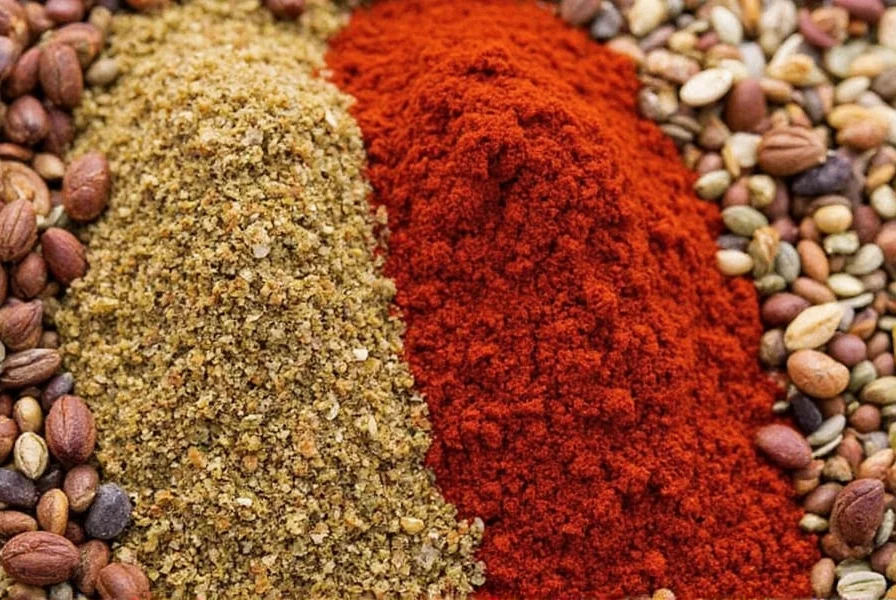
Achiote is more about earthy warmth than heat. It’s a staple in Yucatecan cooking, especially for cochinita pibil.
- Make recado rojo: Blend ground achiote with garlic, vinegar, and spices for a paste used in marinating meats.
- Use with citrus: Pair achiote with orange or lime juice for a tangy, colorful marinade.
- Add to rice: Stir in a bit of ground achiote for an instant pop of color and flavor.
4. Cacao Beyond Chocolate
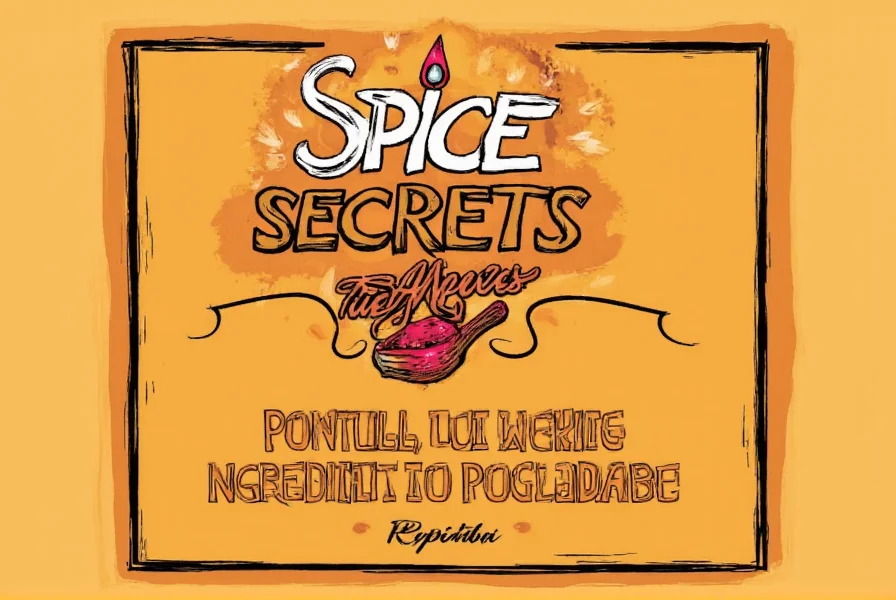
Raw cacao has a complex bitterness that works wonders in savory dishes too.
- Use in mole: Ground cacao gives mole sauce its signature richness and depth.
- Grind into rubs: Mix cacao with chili and salt for a bold steak or pork rub.
- Add to stews: A small amount brings an umami layer to hearty bean or meat stews.
5. Epazote for Digestive Benefits
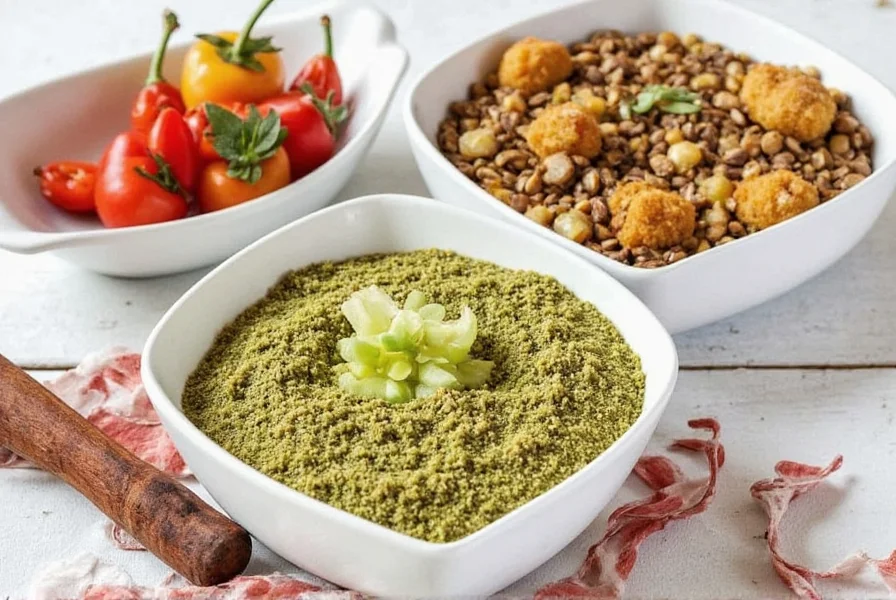
More than just a leafy green, epazote is known for reducing gas from beans — a kitchen secret passed down through generations.
- Add during cooking: Toss a few leaves into your pot of beans while simmering.
- Use in soups: Its lemony, minty notes pair well with tomato-based broths.
- Make tea: Dry the leaves and steep for a soothing herbal infusion.
6. Tejocote in Traditional Dishes
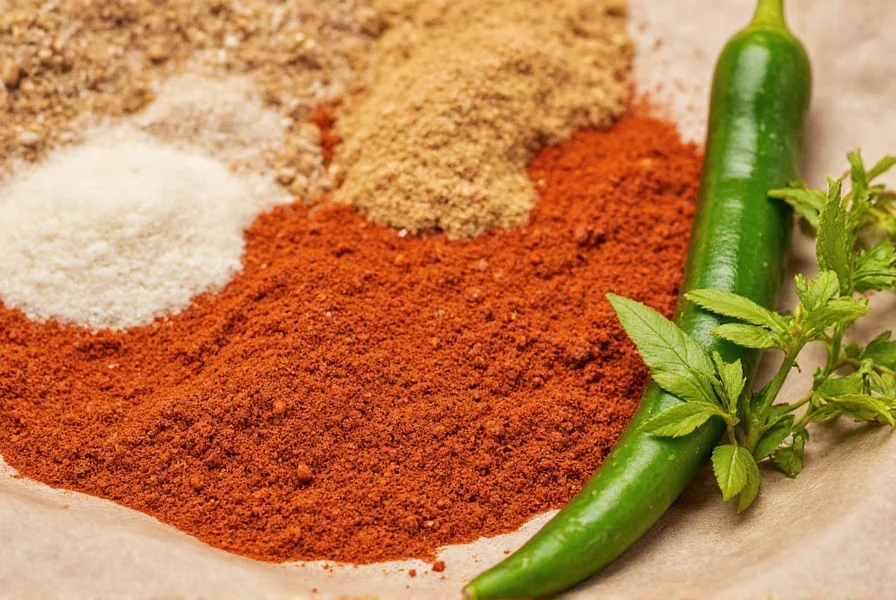
This small, crabapple-like fruit is a star in holiday dishes in Mexico, especially around Christmas.
- Make rompope: Use tejocote in this creamy, spiced egg nog-style beverage.
- Boil with candies: Used in dulce de tejocote, a sweet treat similar to marmalade.
- Add to sauces: Blended with chili and tomatoes, it creates a fruity, spicy base.
7. Chipotle for Smoky Depth
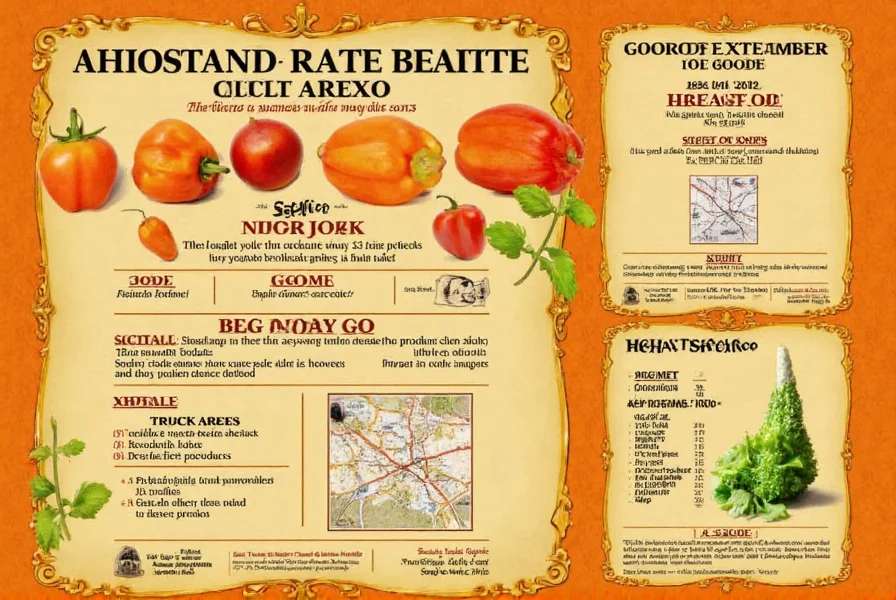
Smoked jalapeños deliver a unique balance of heat and smoke, perfect for everything from soups to barbecue.
- Soak before use: Rehydrate dried chipotles in warm water or broth before blending.
- Make adobo sauce: Puree chipotles with garlic, vinegar, and oil for a powerful sauce.
- Infuse oils: Add chopped chipotle to olive oil for a spicy dip or drizzle.
Buying Guide: How to Choose the Best Spices
Choosing high-quality, authentic spices can make all the difference between a good meal and a great one. Here’s how to shop smart for each of our featured ingredients:
| Product | Features | Advantages | Use Cases | Target Audience | Suitable Occasions |
|---|---|---|---|---|---|
| Whole Dried Chili Peppers | Dried, unbroken skin, uniform color | Potent flavor, long shelf life | Homemade sauces, infusions, stews | Home cooks, chefs | Weekend cooking, party meals |
| Organic Vanilla Beans | Plump, moist, fragrant | Natural flavor, no additives | Baking, desserts, infusions | Bakers, dessert lovers | Holiday baking, gourmet gifts |
| Achiote Paste | Deep red color, smooth texture | Convenient, pre-seasoned | Marinades, tacos al pastor, grilled fish | Grill enthusiasts, Latin food fans | BBQ parties, taco nights |
| Raw Cacao Nibs | Crunchy, bitter-sweet | Healthy alternative to chocolate | Smoothies, granola, trail mix | Health-conscious eaters | Snacking, energy boosting |
| Fresh Epazote | Bright green leaves, strong aroma | Fresh flavor, medicinal benefits | Beans, soups, herbal teas | Traditional cooks, herbalists | Family meals, wellness routines |
| Tejocote Fruit (Dried or Canned) | Firm texture, tart-sweet flavor | Easily stored, festive appeal | Christmas dishes, jams, desserts | Holiday bakers, Mexican food lovers | Festive gatherings, seasonal cooking |
| Chipotle in Adobo | Glossy peppers in tangy sauce | Ready-to-use, intensely flavored | Soups, burgers, dips | Busy cooks, flavor seekers | Quick meals, game day snacks |
Final Thoughts
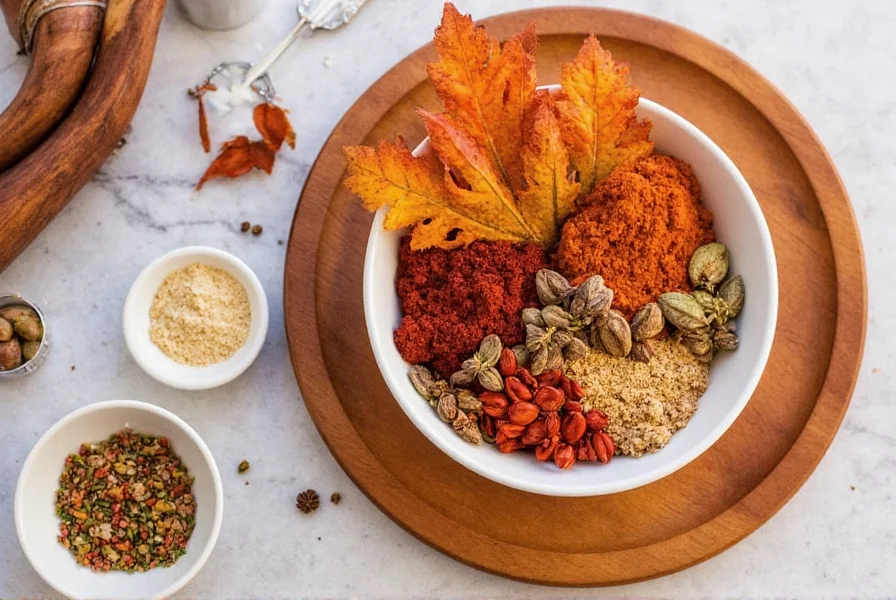
The spices and flavors native to the Americas are not just ingredients — they are stories of culture, survival, and celebration. Each one brings something unique to the table, whether it’s the fiery thrill of a habanero or the comforting warmth of vanilla.
By understanding their origins, uses, and quality markers, you can unlock new levels of flavor and authenticity in your cooking. So next time you reach for the salt, think twice — maybe what your dish really needs is a dash of history, a pinch of passion, and a touch of spice from the Americas.
Got a favorite spice from the New World? Let us know in the comments — and don’t forget to share this post if you found these tips as tasty as we did!

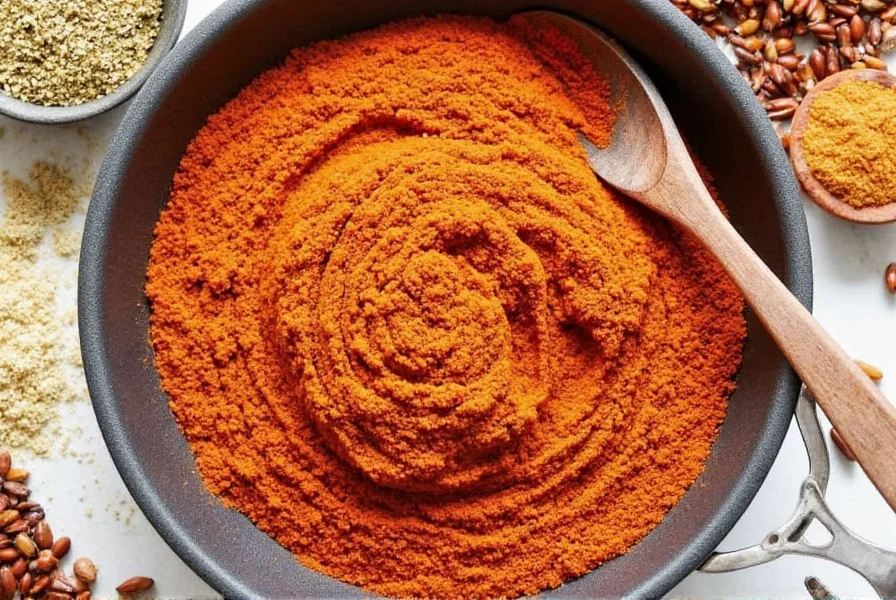









 浙公网安备
33010002000092号
浙公网安备
33010002000092号 浙B2-20120091-4
浙B2-20120091-4